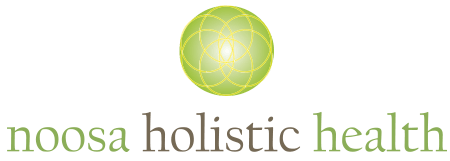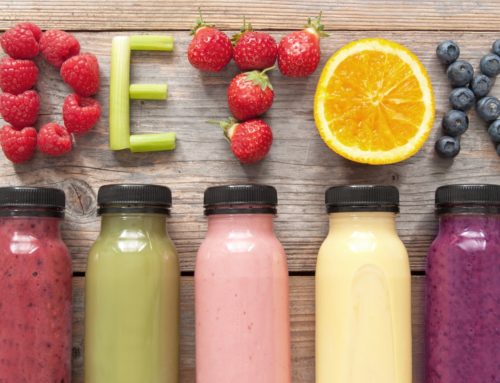As holistic health practitioners we often talk to couples about the need for ‘preconception care’ – which is all about getting as healthy as possible prior to conceiving. Research has now confirmed the importance of making healthy changes to diet and lifestyle in the months leading up to pregnancy, not just during the pregnancy itself. After participating in preconception health care, a couple is more likely to conceive easily and have a healthy pregnancy, birth and baby.
Preconception care forms an integral part of my holistic fertility practice and I see great results when women (and men) are supported with wellness strategies before conception, right through their pregnancies and beyond. Indeed, I have treated many couples over the years with a previous history of miscarriages or chromosomal abnormalities, that have then gone on to conceive a healthy baby when they get the right preconception plan in place.
I find there really is a greater need for preconception care today, given such things as inadequate diets, a polluted environment and stressful lifestyles. Moreover, as many as 50% of couples who conceive report an unplanned pregnancy. Thus the preconception period is crucial to reducing many of the risks of birth defects and premature birth. Nearly 85 percent of women receive early prenatal care, which can improve maternal and infant health. However, even early prenatal care may be too late to make a difference in some cases. Some interventions work best – and others only work – if they begin before pregnancy. Thus to continue to prevent premature birth and low birth weight babies the focus must shift to the preconception period.
Lifestyle issues that help couples conceive also help them have a healthy baby in the long term. Smoking, drugs and alcohol are detrimental across the board – to fertility, pregnancy outcomes and infant health. While much of the focus on preconception care has been aimed at women, researchers are also becoming increasingly aware that a man’s health at the time of conception has an impact on the baby’s health. A child born to a male smoker is four times more likely to have cancer in childhood. Mobile phones stored in men’s pockets and use of wireless devices have been shown to decrease sperm counts and damage sperm. (NB: you can learn more about this on this page karenmcelroy.com.au/wifi)
In addition, even moderate alcohol intake increases the risk of fertility problems and miscarriage in women and fertility problems and sperm DNA damage in men. As many as 40-50% of the adult population are considered overweight or obese. Overweight women have a 2-5 fold increase in fertility issues and higher miscarriage rates. Weight reduction by as little as 5-10% can improve pregnancy rates and outcomes. Overweight men also suffer lower fertility and erectile dysfunction.
Good nutrition is essential during the preconception period and of course also during pregnancy and breastfeeding. Nutritional supplements are required for certain nutrients which are often lacking in the modern diet and essential to the health of your developing baby. Much research has been done over the past few decades confirming the link between specific nutrients and fertility and pregnancy outcomes. Folate for instance can prevent birth defects such as spina bifida if taken during preconception and early pregnancy. However, there are other nutrients including zinc, vitamin D and iodine that are equally important to the health and development of the foetus that may be necessary to supplement with, depending on each person’s diet and medical history.
Couples really benefit from having a consultation with a naturopath or health practitioner specialising in fertility who can take a comprehensive assessment of their diet and lifestyle. We can then advise on any changes necessary as well as prescribe appropriate nutrients. Doing an audit on your lifestyle also includes looking at environmental aspects of health. Many chemicals we are exposed to are known to have an interaction with our hormones and can also damage developing sperm, eggs or embryos. Obvious things like caffeine and alcohol should be avoided as they have been linked to infertility, impaired foetal development and nutrient deficiencies.
If there are any underlying health issues for either partner relating to reproductive health such as poor sperm count or gynaecological conditions such as endometriosis and polycystic ovaries, a holistic approach may include specific herbal and nutritional remedies to improve chances of conception, including couples on IVF.
One last thing to mention, it is also a good idea to not leave it too long if you are planning to have a baby! Many women I see believe that they will have no problem conceiving in their mid 30’s. However, fertility for women declines quite quickly after 30 years and more rapidly by 35-40 years. Infertility is a very difficult journey to take, so it is much better to make your plans sooner rather than later, if possible.
Embarking on the journey to parenthood is such a wonderful time in a couple’s life. By getting some expert pre-conception advice first and adopting healthy habits you will ensure you have optimal fertility, a healthy pregnancy, a natural straightforward birth and a gorgeous healthy & happy baby!
Karen McElroy
Naturopath & Medical Herbalist




Leave A Comment